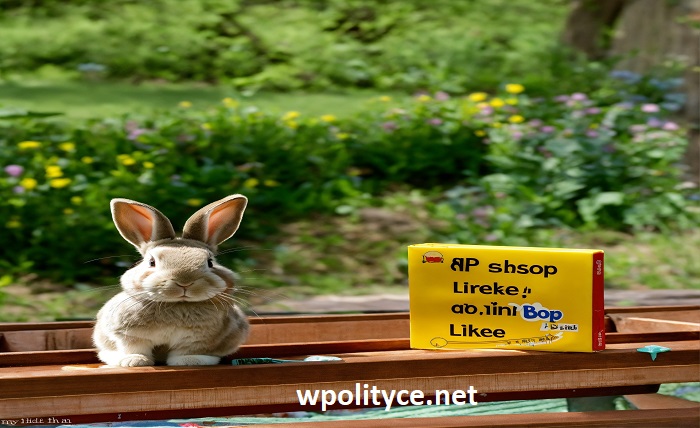Saying Thank You with Style in German

Expressing gratitude is a universal language, but saying “thank you” can vary greatly depending on the culture. In German, while a simple “Danke” will get you by, learning a few more nuanced expressions can elevate your communication and show genuine appreciation. So, ditch the “danke schön” dictionary translation and dive into the diverse ways to express “thank you so much” in German!
1. Danke schön, aber… Adding Nuance to Gratitude
“Danke schön” is the classic “thank you very much,” suitable for most situations. However, if you want to add a touch of personalization, follow it up with “aber…” (but) and express what specifically you appreciate. For example, “Danke schön, aber dein Kuchen war wirklich fantastisch!” (Thank you very much, but your cake was truly fantastic!).
2. Vielen Dank! Emphasizing Gratitude
“Vielen Dank” translates to “many thanks” and emphasizes the depth of your appreciation. Use it when someone goes above and beyond or does something especially meaningful. Remember, “Vielen Dank” is slightly more formal than “Danke schön,” so use it accordingly.
3. Herzlichen Dank! Expressing Warmth and Sincerity
“Herzlichen Dank” means “heartfelt thanks” and conveys genuine warmth and sincerity. It’s perfect for expressing gratitude to someone close, like a friend, family member, or loved one. This phrase shows that your appreciation comes from the heart.
4. Ich bin dir sehr dankbar! Going the Extra Mile
“Ich bin dir sehr dankbar” translates to “I am very grateful to you” and goes beyond a simple thank you. It expresses deep gratitude and acknowledges the impact someone’s actions have had on you. Use this phrase sparingly and when you truly mean it.
5. Tausend Dank! Gratitude with Hyperbole
“Tausend Dank” literally means “a thousand thanks” and is the German equivalent of “thanks a million.” Use this expression in informal settings with friends and family to show extreme gratitude for something big or unexpected.
6. Danke für Specifying Your Appreciation
Adding “für” (for) after any thank you phrase allows you to specify what you’re grateful for. This personalizes your expression and shows that you pay attention to the details. For example, “Danke für deine Hilfe beim Umzug!” (Thank you for your help with the move!).
Conclusion
Now you have a toolbox filled with diverse ways to say “thank you so much” in German! Remember, the most important aspect is to be sincere and express your gratitude genuinely. So, the next time you want to thank someone in German, go beyond the basic “danke schön” and use the phrase that best fits the situation and your level of appreciation.
FAQ
- Q: Which phrase is the most appropriate?
A: It depends! Consider the formality of the situation, your relationship with the person, and the level of gratitude you want to express. “Danke schön” is always a good starting point, but for deeper appreciation, explore options like “Vielen Dank,” “Herzlichen Dank,” or “Ich bin dir sehr dankbar.”
- Q: When should I use “für”?
A: Use “für” (for) whenever you want to specify what you’re thanking someone for. This personalizes your expression and shows you’re paying attention.
- Q: Are there any informal ways to say thank you?
A: Absolutely! For casual settings with friends, you can use “Danke dir!” (Thanks to you!), “Cool, danke!” (Cool, thanks!), or even the slangy “Digger, danke!” (Dude, thanks!).
- Q: Can I combine these phrases?
A: Sure! For example, you could say “Herzlichen Dank für deine tolle Gastfreundschaft!” (Heartfelt thanks for your wonderful hospitality!).
- Q: Where can I learn more about German language and culture?
A: There are many online resources, language apps, and even conversation exchange programs available. Additionally, don’t be afraid to immerse yourself in German media like movies, music, and podcasts!




